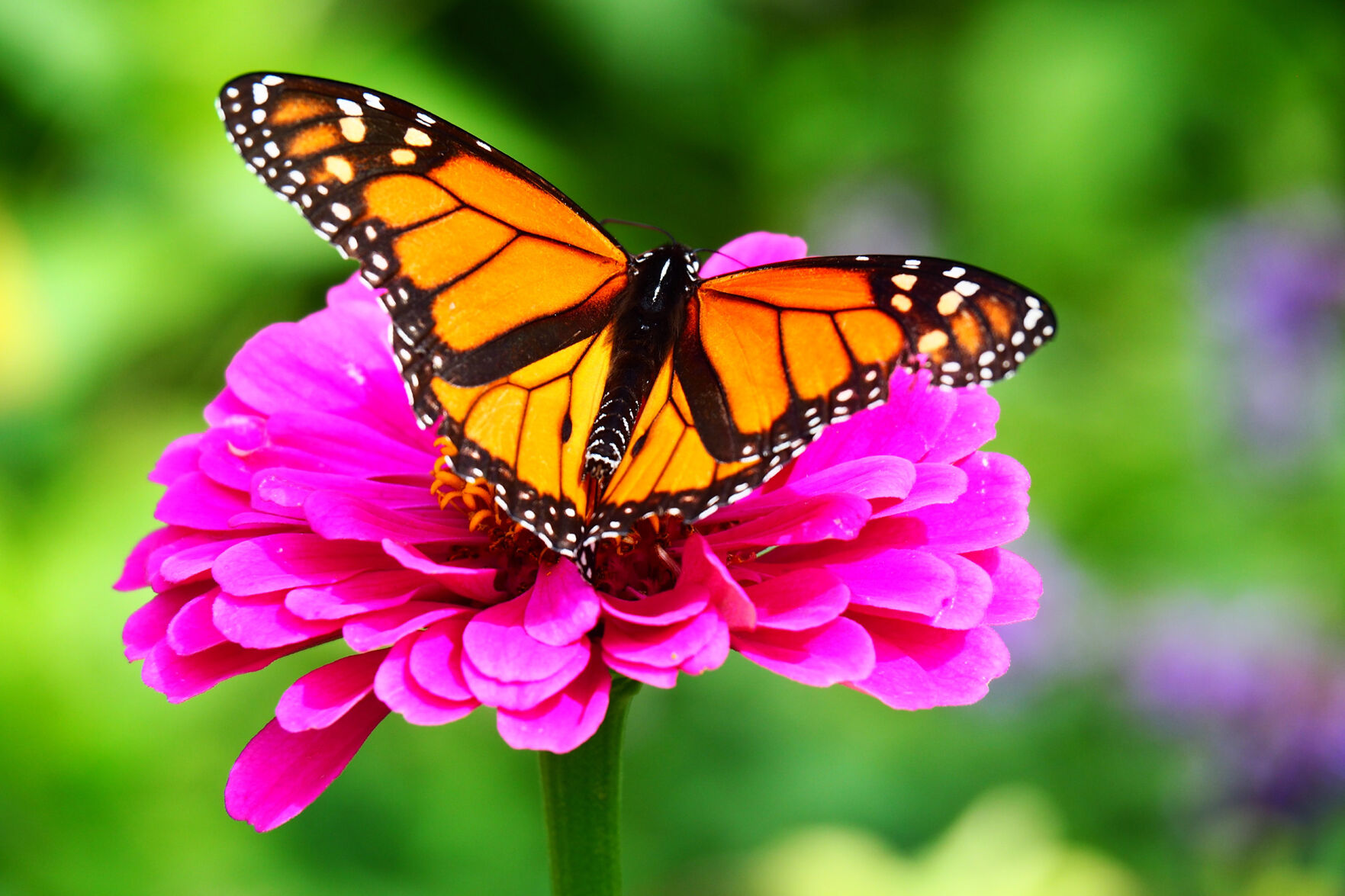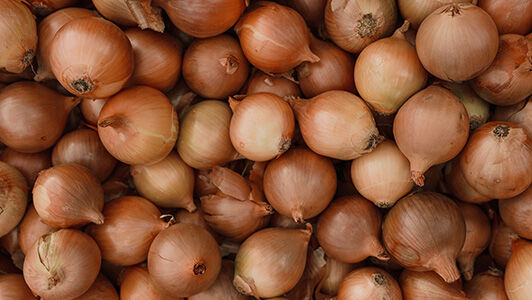When gardeners plant their vegetable and flower gardens, the edibles and ornamentals typically are located in different places. But planting them in the same bed is beneficial to pollinators.
Casey Hentges, Oklahoma State University Extension associate specialist and host of OSU Agriculture’s “Oklahoma Gardening” television show, said that while vegetable plants produce their own flowers that attract pollinators, adding ornamental flowers has a positive impact on pollinator numbers.
“Bees, wasps, moths and butterflies pollinate those flowers that then develop into many of the vegetables we’ll eat later in the season,” Hentges said. “Direct sowing seeds such as zinnias and cosmos not only will attract more pollinators, but they’ll also make your vegetable garden more pleasing to the eye.”
Companion planting pollinator-friendly flowers with vegetables is a natural way to help keep the plants healthy and increase yield. This same strategy can be used to ward off pests in the garden.
Adding ornamentals isn’t just for aesthetics purposes. Hentges said plants such as marigolds and nasturtium add color to the vegetable garden and are a tasty addition to a salad. Marigolds are not only good to eat, but also repel pests such as cabbage worms.
For gardeners who enjoy cut flower arrangements, consider adding in daisies, echinacea and sunflowers with the vegetable plants.
“Another option is to add herbs to your vegetable garden. Gardeners are growing some tasty vegetables, so it makes sense to add in some herbs to flavor them when cooking,” Hentges said.
Chives are a great choice because they’re fragrant and add flavor in the kitchen, and they also provide a colorful purple flower later in the season. The fern-like foliage of dill and fennel in the garden is a favorite among butterflies.
Hentges said to check seed packets to make sure the bloom time for the flowers matches up with the bloom time for the vegetable plants.
“Native bees and other pollinators are essential to successful gardening, and pollinator populations are struggling,” she said. “Planting flowers in the vegetable garden is good for your plants and helps maintain pollinator populations. It’s a win-win for everyone.”




